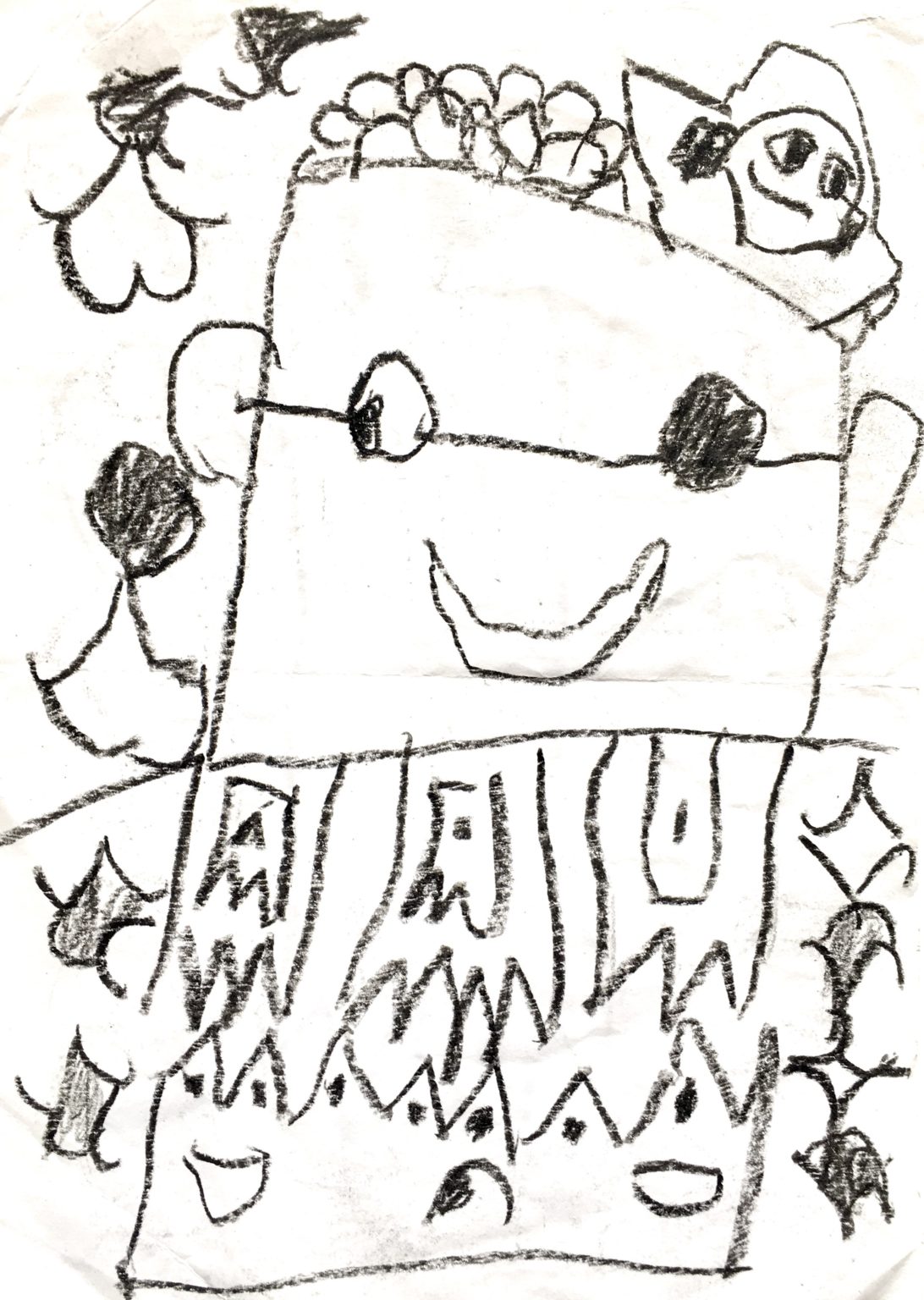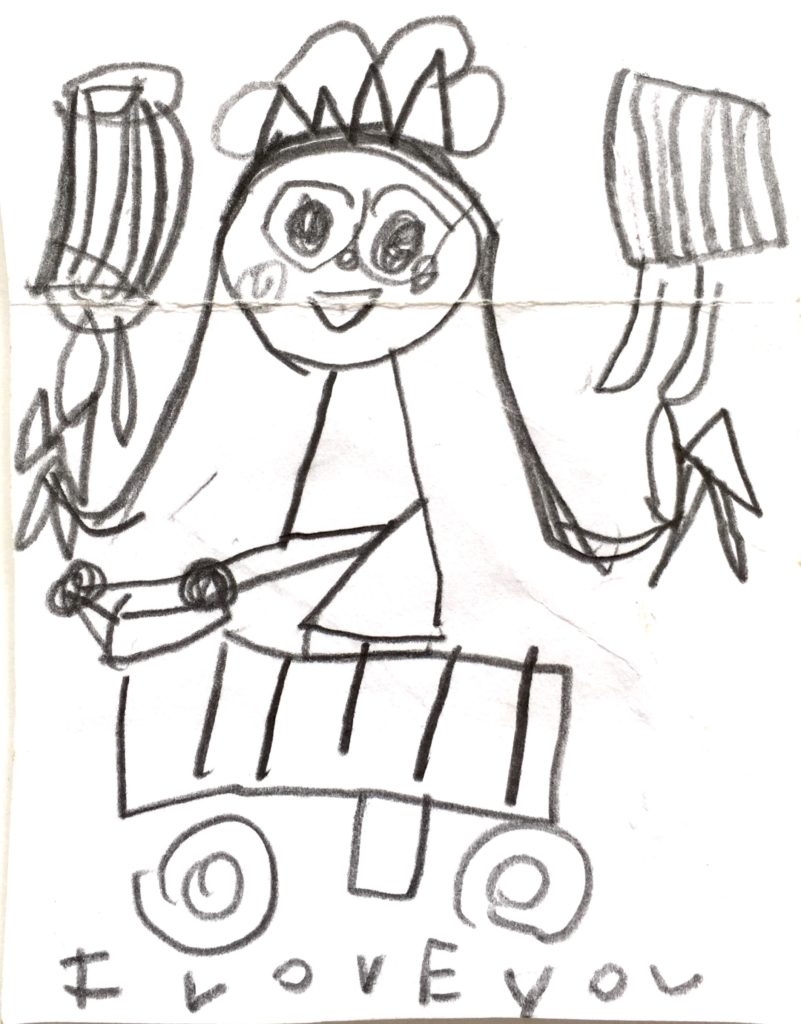Our Approach
Little Treehouse Reggio Emilia Approach
Our school is strongly inspired by the Reggio Emilia approach and some Montessori ideas. This approach to early childhood education give children a bit of control over the direction of their learning and remark the relevance of using all senses to learn and celebrate the many ways children express themselves.
The Reggio Emilia approach originated in a small village in Northen Italy is well known for believing that each child is naturally rich in potential, strength, and full of energy being capable of expressing and communicating their interest. Therefore, we believe that children learn by their curiosity and intensely inquisitive mind.
Montessori philosophy focuses on training children to be independent in movement, study and thought. Children direct their learning by taking their own decisions everyday. In the classroom, there is no racing, no winning , children just do their best.
WHAT IS REGGIO EMILIA?
The Reggio Emilia approach is a philosophy for early childhood education developed after World War II in the 1950’s by psychologist educator Loris Malaguzzi and parents in the villages around Reggio Emilia, Italy. A philosophy based on the following principles of respect, response and community; the Reggio Emilia is built on the premise that all children are endowed with hundred languages referring to the many ways children have of expressing themselves. The Reggio approach is flexible and is developed from children’s ideas, thoughts, communication and observations. The goal of the approach is to children develop a lifelong for learning and exploration.
REGGIO EMILIA PROGRAMS
Children are capable to construct their own learning.
Children are collaborators and learn through interaction within their communities.
Children are natural communicators and should be encouraged to express themselves however they feel they can.
ROLE OF THE ENVIRONMENT – The classroom environment acts as the third teacher
The classroom acts as a “Living organism, a place of shared relationships among the children, the teachers, the parents, and a feeling of belonging is a world that is alive, welcoming and authentic”. Because the classroom acts as a living organism, it is one of the more critical components in the Reggio philosophy. Little Treehouse International School classrooms and common spaces are carefully integrated with one another, as well as with the outside community. Classrooms also use natural furnishing to encourage real-life interactions.
ROLE OF THE TEACHER
-Teachers are partners, nurturers, and guides who help facilitate the exploration of children’s interests as they work on short and long-term projects.
In the Reggio Emilia philosophy, teachers are partners in the learning process. They are expected to be the ones who guide experiences, open-ended discovery and problem solving. The main goal for the teacher is to listen and observe the children, as well as question and listen for opportunities to encourage further exploration of a child’s interests. Children and teachers are expected to collaborate, but it’s the response of the teacher to identify when a concept can be used to further discovery and learning. As a mentor, it also means that teachers are not planning projects or learning points in advance they’re allowing projects to emerge based on the interests of the children.
DOCUMENTATION
Teachers may take photos and even videos to better understand the children and assist parents in becoming more aware of what their child is doing. Documentation demonstrates to children that their work is of value. Through documentation, a child may finish Little Treehouse International School experience with portfolio of projects, pictures photos scripts and quotes that they make take great pride in as it represents the steps they’ve made throughout their education.
PARENTS ARE PARTNERS IN EDUCATION
We think parents should always be involved to play an active role on their child’s learning experiences as well as help to ensure the welfare of the children in the community around them. Parents, both their skills and ideas, are very valuable in Little Treehouse International School.
.


